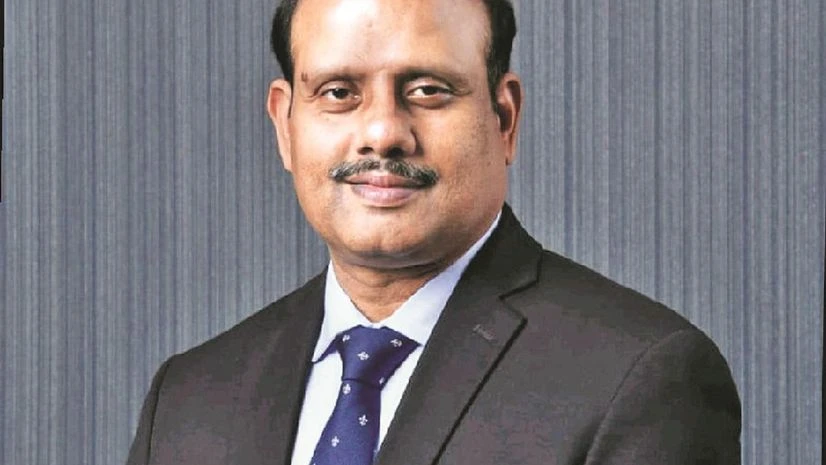Proactive steps from the banks that will help in translating sustainability principles into action will aid in encouraging sustainable finance, which, along with financial inclusion, will foster the economic growth of the country, said RBI Deputy Governor Swaminathan J at the College of Agricultural Banking (CAB) in Pune.
Speaking at the event on 12 October, he said that lenders need to go beyond mere compliance and must imbue the organisation's practices with sustainable finance principles in order to foster a culture of financial inclusion. "It means devising innovative financial products and services that cater to the unique needs of various priority sectors, be it agriculture, renewable energy, MSMEs or social infrastructure."
Financial inclusion and sustainable finance together can enhance the resilience of vulnerable populations to environmental and climate risks by providing access to insurance products and savings mechanisms.
Priority Sector Lending was conceived as a tool to direct credit towards key sectors that had been overlooked by institutional lending, aligning with broader economic and social goals. It has evolved in response to changing economic landscapes and national priorities.
According to the deputy governor, although banks have made considerable progress in meeting Priority Sector Lending targets, with an achievement rate of 44.7 per cent as of 31 March 2023, credit gaps persist in sectors like MSMEs, women entrepreneurs, and agriculture, underscoring the continued importance of Priority Sector Lending.
Further, green financing is an initiative that promotes economic growth along with environmental protection, social equity and responsible governance. The Reserve Bank of India (RBI) has taken several steps in this direction, with the central bank providing a framework for the acceptance of green deposits.
More From This Section
These interest-bearing fixed deposits in Indian rupees are specifically earmarked to fund green finance initiatives, which encompass projects focused on climate risk mitigation, climate adaptation or resilience, and related objectives. This aims to nurture and enhance the green finance ecosystem in the country, marking a significant step toward a more sustainable and environmentally conscious financial sector in India.
Recently, the chairman of the State Bank of India, Dinesh Kumar Khara, discussed the importance of having a framework that will promote awareness of the green finance ecosystem in India. He said, "There is a need for chartered accountants to come out with some auditing standards to help the corporates in terms of having annual data relating to the green initiatives and their outcome."
Khara also highlighted the importance of deepening the bond market, standardisation of green investment, persistent corporate reporting, and the removal of information asymmetry to overcome the shortcomings in the green finance market.

)
